The most dreaded thing for an introvert is people – lots and lots of them. Not that introverts are hermits. As an introvert myself, I love getting to meet new people, and have deep conversations with them. But introverts are not too fond of people, not too many people, as it can lead to the dreaded ‘Introvert Hangover’.
Undoubtedly, every person who has recognized themselves as introverts have experienced these hangovers even though they are trying to be by themselves as much as possible.
To begin with, it is not some kind of substance addiction, rather a term quite familiar with introverts. Spending a considerable amount of time among people can substantially drain the energy of an introvert, to the point of the person feeling sucked off of all living sources out of his/her body. It is not similar to physical fatigue. Neither is it associated with physical exertion nor with any physical illnesses.
It feels exactly how babalas would feel like – messy, cringe, and frazzled. For people who are not introverts, socializing, going to gatherings, house parties, discs and concerts are natural and extremely exciting experiences to behold. But for introverts, overcrowded places and strange faces can be a nightmare.
Related: 5 Reasons Why Introverts Love Their Bedroom So Much
The Introvert Hangover
Peopling is complex. Avoiding people is easy, You must be asking, why?
Introverts are hypersensitive and intuitive in nature. They can easily absorb energy vibes from different people and they introject those into themselves. This process can literally be visualized as the imbibition of other people’s energies into themselves. Owing to the highly observant nature of an introvert and their intense information processing capacity, they perceive a huge number of random stimuli from their immediate surroundings.
Imagine your five senses being extremely sensitive to all sorts of information coming from the environment bubbling with stimuli. Will you not be overburdened? Will your senses are not bursting with information?
Under such circumstances, the introverts find it overbearing to process so much data at the same time, leading to an entire collapse of the system. This happens more prominently in an introvert because they are wired to over-analyze and scrutinize every single detail. This is why it becomes so necessary for an introvert to recharge their energy from time to time and feel replenished.

One very common experience of an introvert, including mine, is what I call ‘zoning out’. While interacting with a number of people, an introvert might find himself completely dissociating from the conversation, staring dead at space, slowly descending into a trance-like state. They are no more in their usual mind space. They have already slipped out of their conscious ‘zone’.
To people who are not introverts, this might sound a bit exaggerated but this indeed is the experience of an introvert with people.
If you are an introvert, you must have noticed how your processing slows down when you spend too much time in the company of other people, especially where there is a lot of verbal communication going on. An introvert can have his/her energy severely depleted even when they are not actively participating in the conversation.
It is extremely crucial for an introvert to take breaks from social interactions, conversations, debates, and arguments as their mental energy drain way too fast leading to mental stagnation. Under such circumstances, you will find an introvert struggling to keep mentally functioning at their optimal level. If you face such problems due to your introversion, you might take short breaks to go out for an alone walk outside, or visit the restroom, or refresh yourself in the washroom and prepare yourself for another dose of socializing.
Related: Why Socializing For Introverts Is Exhausting, According To Science
This hangover mimics the symptoms of alcohol hangover and might take hours to days to replenish this energy. This hangover will not always happen immediately after socializing. It may also occur two to three days afterward.
How does this hangover manifest itself?

1. Feeling disoriented.
2. Slowed down information processing.
3. Difficulty focusing or concentrating on anything.
4. Pounding headaches.
5. Feeling emotionally frazzled.
6. Irritability.
7. Feeling physically heavy.
8. Chronic fatigue.
9. Dizziness.
10. Sickness in the pit of the stomach.
11. Nausea.
12. Difficulty in making decisions.
13. Body pain.
14. Muscle aches.
15. Feeling sleepy.
16. Clouding of consciousness.
17. Changes in speech patterns.
18. Anxiety, and anxious thoughts.
19. Feeling depressed.
20. Not feeling like your usual self.
21. Feeling zoned out frequently.
22. An extreme want to be alone.
23. Inability to engage in any kind of small talk.
It is understandable that when an introvert experiences 2 or more of these symptoms, he or she has to take immediate steps to alleviate the symptoms. It is not unusual for the introvert to completely retreat in seclusion for days to recover from such mental drainage.
They might not want to talk or contact anyone during this period of time. They might even oversleep and overeat. It is very likely for them to avoid calls, emails, and texts while they are energizing themselves. If your partner or someone close to you is an introvert and needs to recuperate from an introvert hangover, consider their personal boundary and leave them by themselves.
Related: 50+ Intriguing Quotes About Introverts And Lonewolves
What Can You Do To Recover From An Introvert Hangover?
Here are a few activities that can help you get over an introvert hangover:
1. Take as much rest as possible as. Sleep more than you usually do. Do not feel guilty about canceling plans, saying no to non-urgent tasks. Do not compromise your mental and physical health for anything.
2. Hug something soft and tender, like a bolster and stay snuggled in bed or sofa for most parts of the day. Wrap yourself in a warm blanket.
3. Take emotional rest by unburdening unwanted emotions and thoughts with someone who is close and trusted.
4. Listen to soothing, meditational songs that are soft and healing to your ears. Avoid all sorts of songs that instigates strong emotions in you.
5. Wear the comfiest clothes that are airy and made of soft textured fabric and is smooth, gentle on the skin.
6. Lie back down on the grass, with your arms and legs spread on both of your sides. Keep your eyes closed and relax.
7. Eat refreshing and detoxifying foods like fruits and vegetable juices.
8. Take out your journal and pen down your thoughts and feelings – everything random or important that is running in your mind.
9. Take a hot shower with Epsom salt.
10. Lie down in the sun and read a relaxing, feel-good book or watch a light-themed movie. Disconnect yourself from all electronic gadgets and avoid social media handles for a day or two.
11. Paint, sketch, draw mandalas, create doodles, play a musical instrument, make graceful dance moves and get your body charged up.
12. Walk barefoot on a textured surface to increase blood circulation in your feet and relieve muscle tension.
13. Get a full body massage done by someone close to you or in a massage parlor.
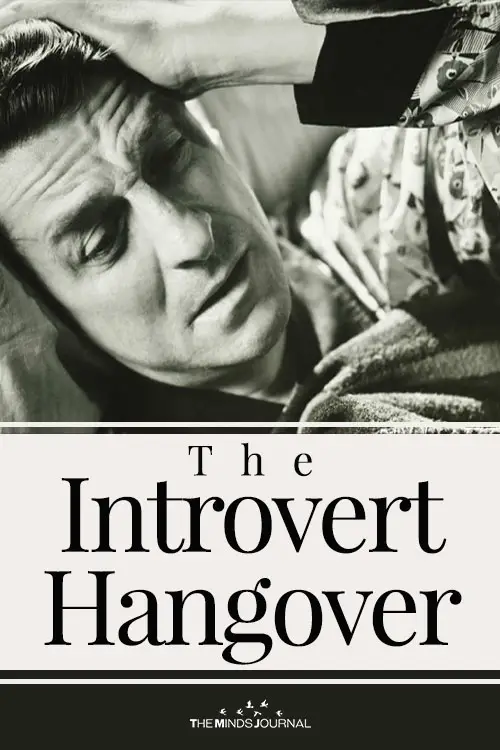




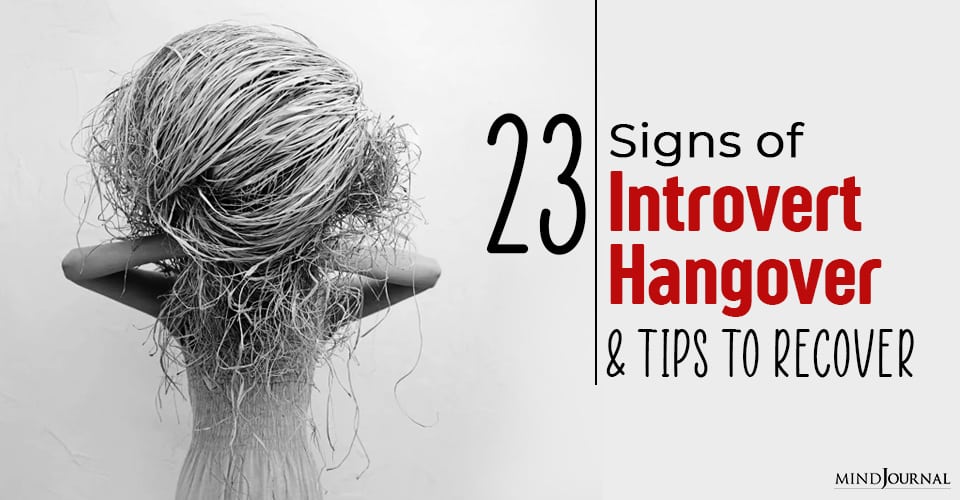
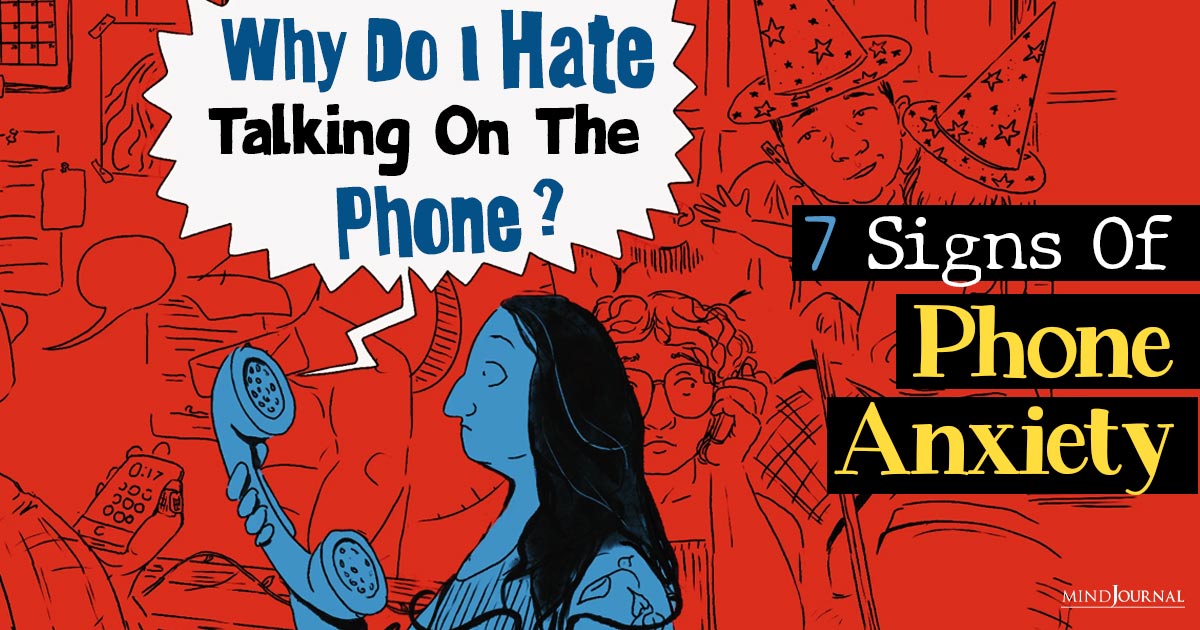
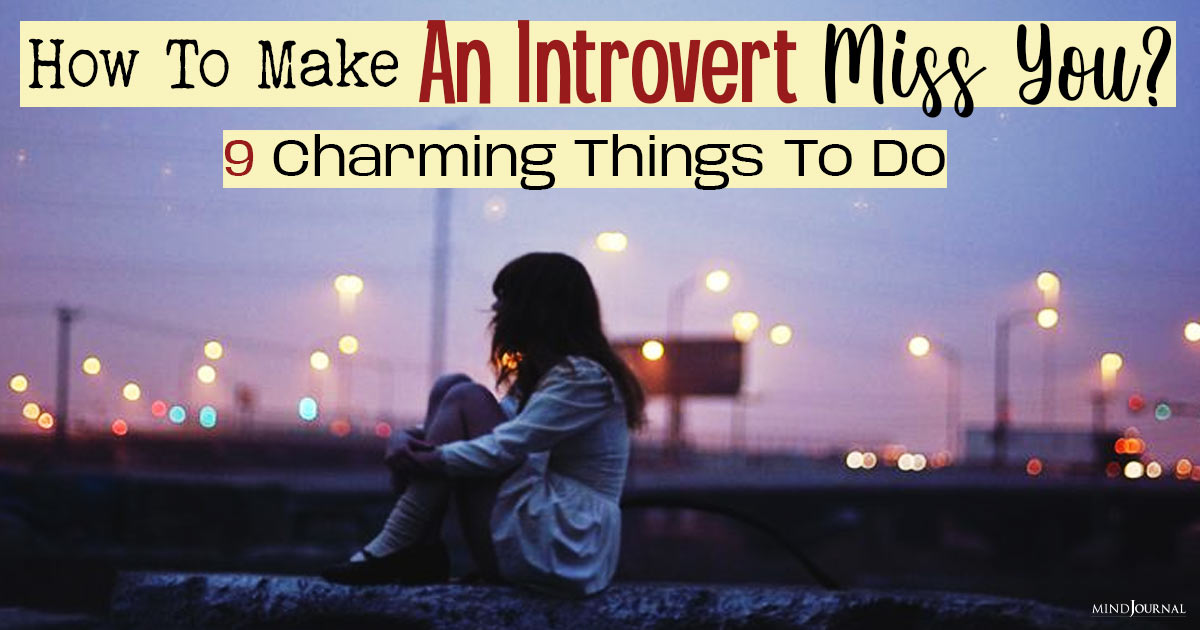
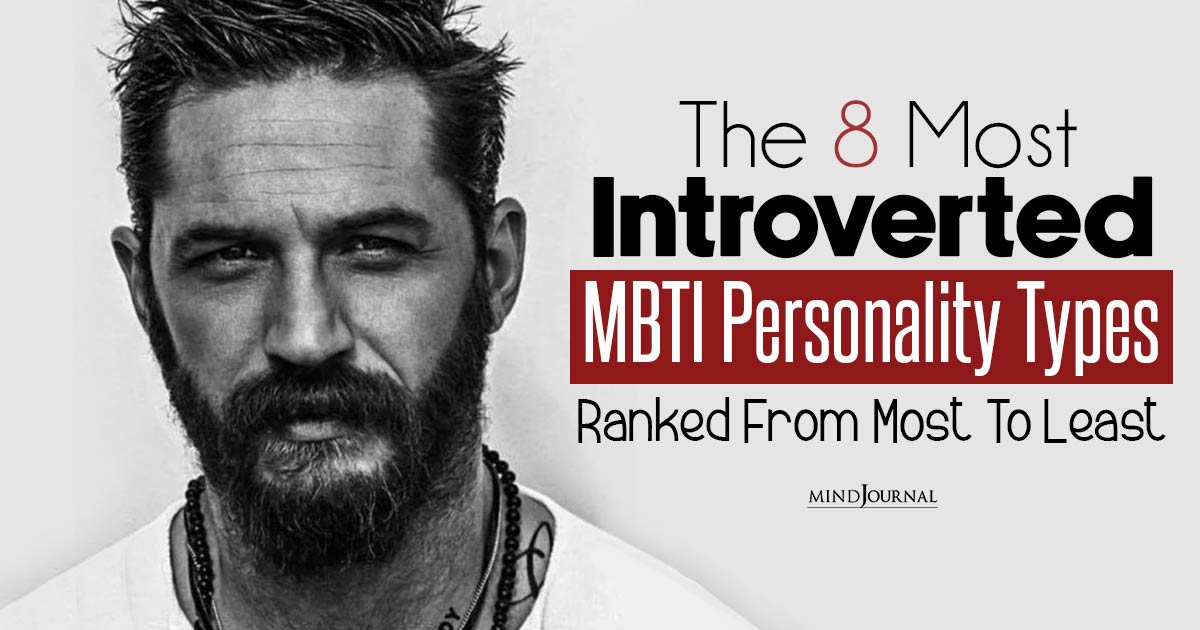
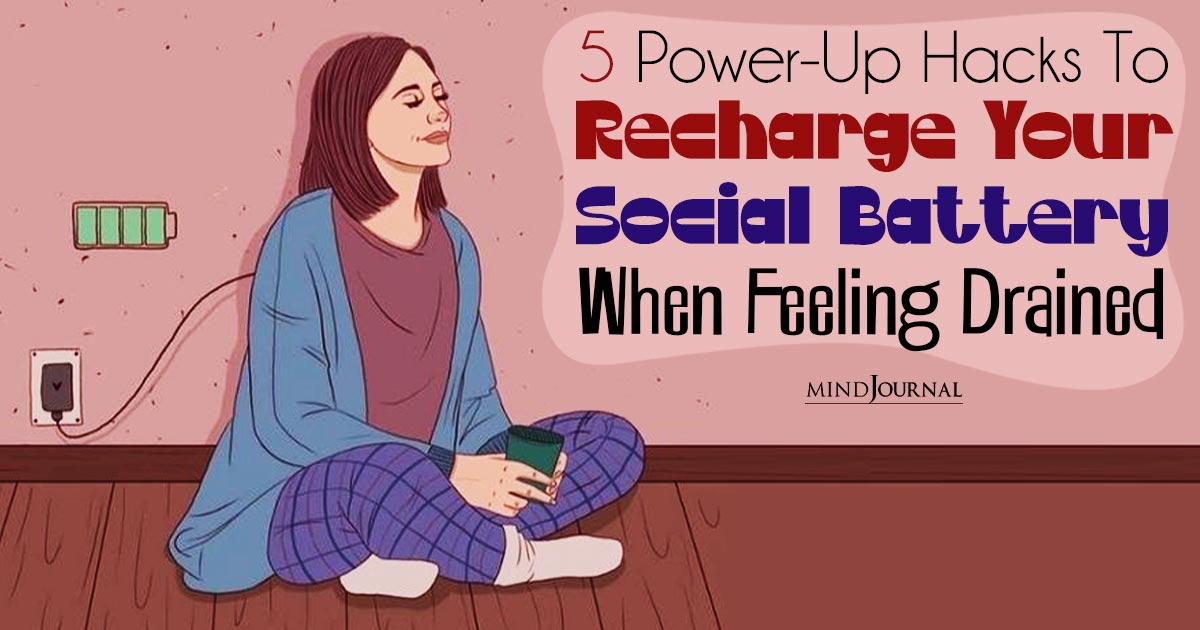


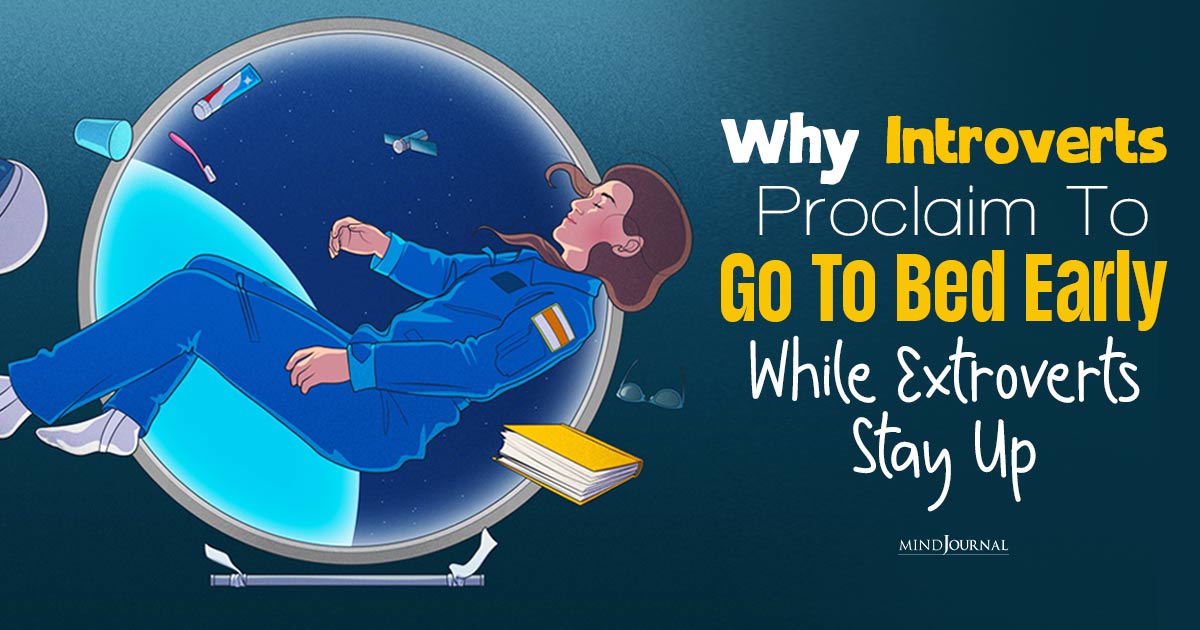
Leave a Reply